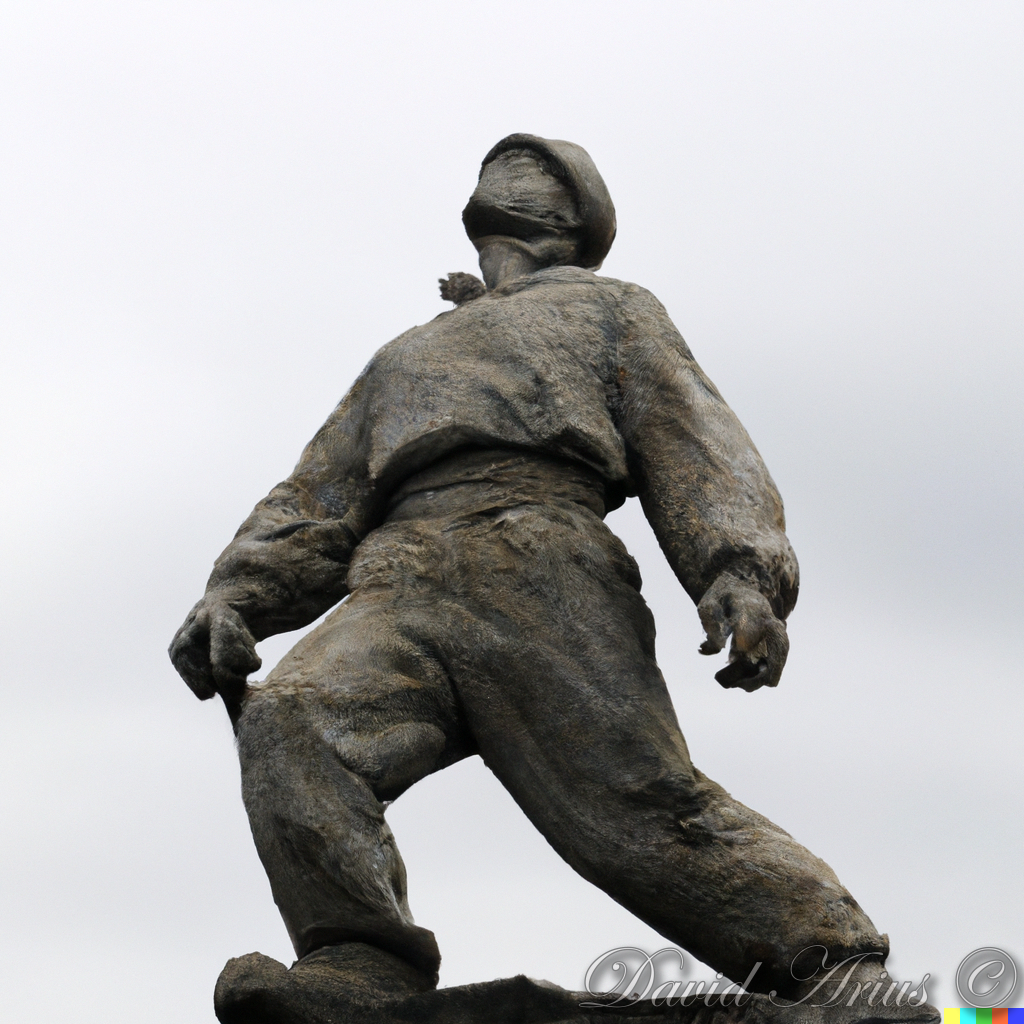Oleg Tsarev and the Alternative History of “Euromaidan” 05.08.2023
"Those who are smart enough not to get involved in politics are punished by being governed by people dumber than themselves."
(c) Plato
Recently, there was a very interesting interview with former Ukrainian Member of Parliament Oleg Tsarev: "The eve of the Russo-U.S. standoff established certain 'rules' for future conflicts." I recommend reading the interview. It contains some very interesting facts and none of the whining like from Dyrkin.
Let's start with this statement: "There are several inexplicable things. Firstly, the weak response from the United States to Russia's sharp change in rhetoric and behavior. Remember Vladimir Putin's interview where he talks about how he received a call from the United States and asked Viktor Yanukovych not to disperse the Maidan and not to hold a referendum in Donbass? Then there were eight years of the Minsk agreements, where Donbass was shelled, and we continued to negotiate. And suddenly, Russia presents a tough ultimatum to the West. It sounds as if we are holding NATO at gunpoint: you must do this and that, almost withdraw from Eastern Europe. And unexpectedly, instead of dismissing it with a condescending smile, the West starts discussing these demands: 'Yes, you know, there is some logic to these requirements.' Biden goes to meet with Putin and so on. After eight years of fervent commitment to the Minsk agreements, a special operation began in February 2022."
Before delving into the factors of "Euromaidan," let's go further back in time. In July 2009. In July 2009, I was part of the organizing team for the "Seliger" Forum, and I lived in the same camp as delegates from South Ossetia. Many of them had participated in the conflict in August 2008 on the side of South Ossetia. In one of our conversations, the Ossetians shared with me information that both they and the Russian military were well aware of the Georgian army's attack on Tskhinvali and the Russian peacekeepers on August 8, 2008. I was very surprised and asked, "Why the hell didn't they withdraw the peacekeepers before that?" The answer was in the spirit of a certain mustachioed gutalinshchik: "When you chop wood, chips fly." Personally, especially after what I saw and heard in Georgia, I have no doubts that all the events on August 8, 2008, were a priori prepared by Russia through its agents of influence in Georgia, and Mikhail Saakashvili "fell" for the idea of a "small victorious war" and ended up losing everything.
Now let's go back to the events at the end of 2013 and the beginning of 2014 in Ukraine. "Euromaidan" began because Viktor Yanukovych, under pressure from the Kremlin, refused to sign the Association Agreement between Ukraine and the European Union. From my perspective, this agreement is just European "blah blah blah." A similar "piece of paper" was signed by Georgia and Moldova at one point, and it doesn't work there at all. Then "professional revolutionaries" led by Klitschko, Poroshenko, Yatsenyuk, Lyashko, Yarosh, etc., gathered on Maidan. Later, Yulia Tymoshenko, who had been released from prison, joined them. In principle, it wasn't difficult to disperse this "déjà vu" of the 2004 "Orange Revolution." But then Vladimir Putin intervened and, allegedly, in agreement with the United States, prevented Viktor Yanukovych from dispersing "Euromaidan." After that, there was shooting between different groups, the capture of government institutions by the protesters, and "Euromaidan" seized power in Ukraine almost without a fight. However, Russia took Crimea, and the war in Donbass, unleashed by Igor Girkin and Konstantin Malofeev with full support from Russian special services, began.
And now let's ask ourselves some logical questions:
- Who provoked "Euromaidan"? Answer: Vladimir Putin.
- Who didn't allow Viktor Yanukovych to disperse "Euromaidan"? Answer: Vladimir Putin.
- Who is directly responsible for Yanukovych's overthrow and the destabilization of Ukraine? Answer: Vladimir Putin.
Vladimir Putin's goal was to take control of all of Ukraine and then officially Moldova and Georgia. I don't understand why Tsarev writes about agreements limiting it only to Ukraine. Georgia is already completely within the Kremlin's sphere of influence, and in Moldova, it's just a small step away — to bring Ilan Shor to power instead of Maia Sandu. And that is already practically done.
But Putin failed with Ukraine. Here is what Oleg Tsarev says about it:
"For eight years, I said, 'For God's sake, take care of these poor Lugansk and Donetsk regions, it shouldn't be like that.' After all, Ukraine is small, everyone is related, everyone knows each other, everyone knows the situation. The entire southeast of Ukraine wanted the Russian world. And after these eight years, people started saying, 'We don't want it to be like in Donetsk and Lugansk, where there's no property rights, where laws don't work.' They would have created a showcase in Donetsk, in Lugansk, and there would have been no military operations."
Here I fully agree with him. Ukrainians saw with their own eyes the modern neo-feudal realities of Russia and had no desire to live in such a country with such abnormal leadership. On the contrary... How much longer this madness will continue is hard to say. The factor of rampant corruption in Europe plays a role, as does the "strange" position of the current White House Administration, and most importantly, the factor of China with its possible invasion of Taiwan. In short, don't expect anything good.
Dmitrii Ershov, political analyst.
Tags: Donbass | Euromaidan | Global Politics | War in Ukraine


Your very own commitment to getting the message throughout came to be rather powerful and have consistently enabled employees just like me to arrive at their desired goals.